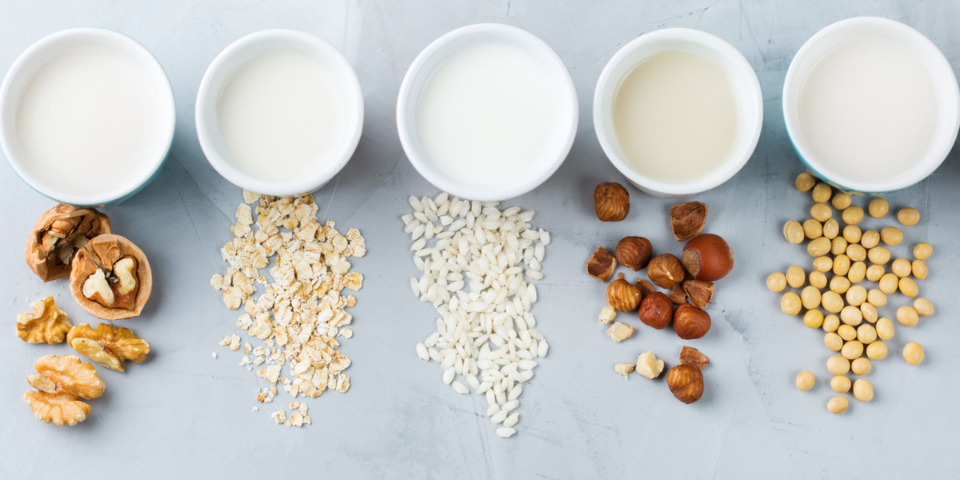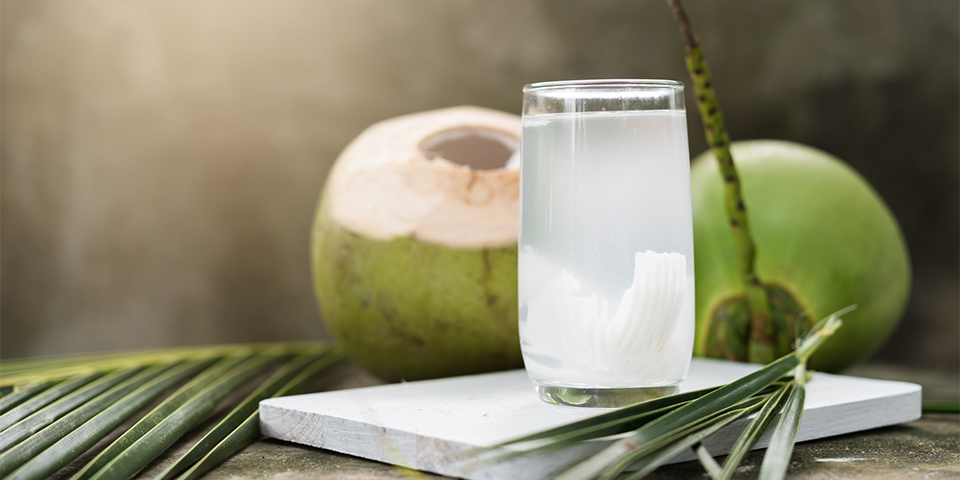I am a believer that a healthy menstrual cycle is a great indicator of your overall health and wellbeing. However, many women may experience period loss, known as amenorrhea, at times of their life. This is a condition where your periods are irregular, and in some cases, non-existent. If you haven’t menstruated in a while, from clinical experience, I’m sharing these nutrition and lifestyle guidelines to help you to find balance with your cycle again.
Remember – do not stress if your period has temporarily gone missing. Stress is not good for keeping your hormones happy and so doing so will be counterintuitive to regaining your cycle. Take a deep breath and know that your body is incredibly intelligent and wants to be balanced and menstruate regularly. Sometimes you just need to give it a helping hand.
What is amenorrhea?
Amenorrhea is defined as a short-term or permanent absence of the menstrual flow. Two types of amenorrhea include primary and secondary.
Primary amenorrhea is diagnosed when there is no period by 13 years of age (in those that have not developed other sexual characteristics) or by 15 years of age (in those that have developed other sexual characteristics). Secondary amenorrhea is the discontinuation of a menstrual flow that was previously regular for 3 months, or previously irregular for 6 months.
The prevalence of primary amenorrhea is less than 0.1%, and secondary amenorrhea is more common with an incidence of about 4.0%.
Common causes
Various causes of primary amenorrhea include dysfunctions of the central nervous system, endocrine conditions (thyroid or adrenal gland disorders), disorders of the hypothalamus or pituitary gland, primary ovarian insufficiency, chronic illness, psychological issues and a delay in puberty.
Functional hypothalamic amenorrhea (FHA), also known as stress-induced anovulation (absence of period), is one of the most common causes of secondary amenorrhea. It can be due to under eating, excessive exercise, emotional stress and chronic disease. In this state, when the body is under nutritional or physical stress, it allocates its energy for survival rather than the process of reproduction.
Some drugs, including hormonal contraceptives can interfere with the menstrual cycle as a side effect.
How to Support A Healthy Menstrual Cycle
NUTRITION
Food is the best medicine, so take on these tips to try to regulate your menstrual cycle.
- Balanced Meals – Ensure every meal contains good fats, slow-releasing carbs and a source of protein. These are the macronutrients your body needs to survive and thrive, so please don’t cut any of them out. Our guide on how to build a nourish bowl is a great way to easily put together delicious, balanced meals!
- Quality Fats – Please don’t be afraid of quality fats such as oily fish, eggs, nuts, seeds, flaxseed, chia seeds, avocado and extra virgin olive oil. They nourish and support the endocrine system. Please have a portion of fat at each meal.
- Limit Caffeine – Limit yourself to one coffee a day, and drink it before 10am.
LIFESTYLE
- Stress Less – The key here is less stress, more rest. You have to focus on YOU, and do things that calm your nervous system, ease your mind and relax your body.
- Change up your exercise regime – Intense daily exercise is associated with period loss. My suggestion is to stick to 30-minute workouts, and do no more than 2 high-intensity sessions a week. For the rest of the time, enjoy yoga, pilates and walks in nature. You must take 1-2 rest days, too.
- Give up restriction – Say goodbye to rigid dietary rules, calorie counting, dieting and extremes with food. They only add stress to the body. Your body is craving balance, so fuel it with natural, beautiful wholefoods.
- Relieve any pressure you’re placing on yourself – You already do so much, and you can’t be expected to do it all, or to do everything for everyone. Say this affirmation out loud: “I am enough.”
- Ensure you are at a healthy weight for your body – This is crucial to bringing your periods back into balance.
- Try acupuncture – This can be a useful modality for reducing stress and supporting your body.
- Put yourself first – Prioritise downtime, and say NO when you need to. I would recommend putting aside one day a week to truly slow down.
- Limit your social media use – Instead, spend more time outside, in nature.
- Reconsider the oral contraceptive pill – Ask your doctor about other birth control methods that don’t involve synthetic hormones.
- Consider a vitamin with research-backed ingredients to support hormones and periods – The JSHealth Hormone + PMS Support formula is my go-to. It contains Chaste Tree, which has been traditionally used in western herbal medicine to reduce and relieve symptoms of premenstrual tension, menstrual cycle irregularity and irregular periods.
Keep in mind each individual may experience various symptoms. Please consult your health professional if you are experiencing a loss of period as they can provide further investigation and advice to suit your individual requirements.
REFERENCES:
Yoon JY, Cheon CK. Evaluation and management of amenorrhea related to congenital sex hormonal disorders. Ann Pediatr Endocrinol Metab. 2019;24(3):149-157.
Fourman LT, Fazeli PK. Neuroendocrine causes of amenorrhea–an update. J Clin Endocrinol Metab. 2015;100(3):812-824.



